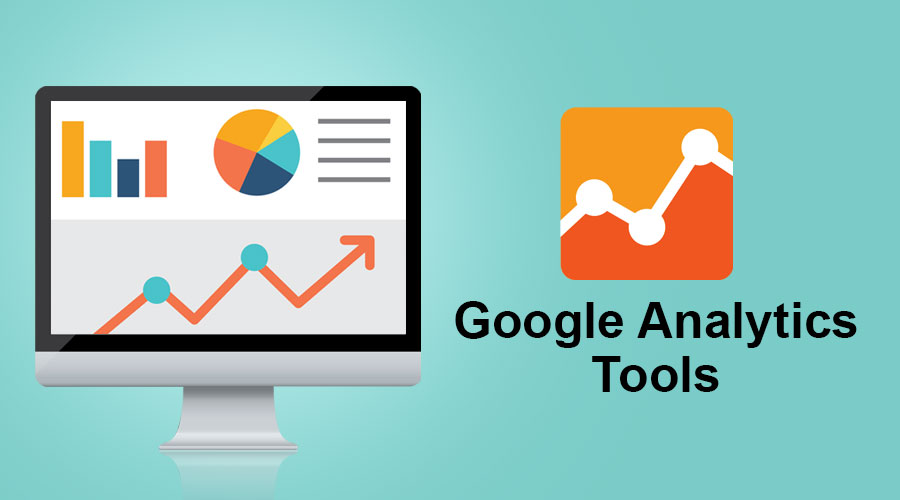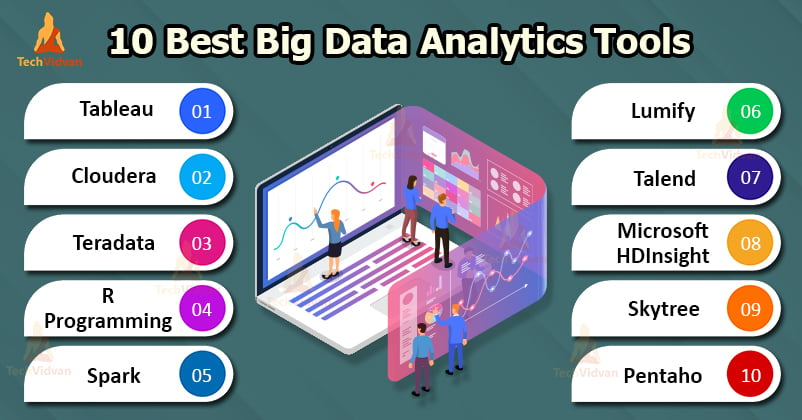Streamline Your Data Monitoring with Integrated Analytics Devices
Streamline Your Data Monitoring with Integrated Analytics Devices
Blog Article
Increase Efficiency and Earnings With Data Analytics
In today's data-driven landscape, services are progressively acknowledging the critical duty of information analytics in improving functional effectiveness and earnings. By systematically examining information, organizations can uncover important insights that notify tactical decisions, simplify procedures, and dressmaker client experiences (Analytics). Nevertheless, the challenge lies not just in the execution of these analytical tools but additionally in recognizing exactly how to convert data into actionable outcomes. As we explore the nuances of reliable data-driven strategies, the effects for both temporary gains and long-lasting success come to be progressively clear. What might these insights disclose for your organization?
Understanding Information Analytics
In today's data-driven landscape, understanding information analytics is crucial for companies intending to boost functional effectiveness and drive earnings. Information analytics entails the organized computational analysis of data collections to reveal patterns, correlations, and insights that notify decision-making. By utilizing numerous techniques, such as statistical evaluation, device discovering, and anticipating modeling, organizations can change raw information right into actionable intelligence.
The process commonly begins with information collection, where pertinent details is gathered from several sources, consisting of transactional databases, consumer interactions, and market trends. This information is after that cleaned and organized to ensure accuracy and consistency. When the data is prepared, logical devices and software application are utilized to envision the information and discover, enabling stakeholders to identify trends and anomalies.
Eventually, understanding data analytics equips organizations to make informed decisions based on empirical evidence instead of instinct. It helps with targeted techniques that can optimize source allocation, enhance client contentment, and improve general performance. As organizations increasingly recognize the worth of data-driven insights, a solid grasp of information analytics ends up being an essential competency for groups and leaders alike, placing them for continual success in a competitive environment.

Trick Benefits for Services
Companies that utilize data analytics can unlock a plethora of advantages that dramatically improve their operations and earnings. Among the key benefits is boosted decision-making. Data analytics gives actionable understandings derived from real-time information, allowing organizations to make enlightened choices that straighten with market demands and consumer choices.

Furthermore, data analytics fosters improved customer experiences. By comprehending customer habits and preferences, services can customize their offerings, resulting in boosted satisfaction and loyalty. This customized technique usually causes greater conversion prices and repeat company.
Moreover, data analytics enables companies to identify arising fads and chances. By remaining in advance of the curve, organizations can profit from brand-new markets and advancements prior to their competitors.
Executing Data-Driven Techniques
Successful execution of data-driven approaches needs a comprehensive understanding of both organizational objectives and offered information resources. Organizations has to initially define their goals clearly, guaranteeing alignment between data campaigns and calculated aims. This clearness enables groups to focus on relevant metrics and insights that drive decision-making.
Premium information is necessary for precise evaluation, as inadequate information can lead to misdirected approaches and squandered sources - Analytics. Organizations should develop processes for data collection, cleaning, and management to preserve information honesty.
In addition, fostering a data-driven society is important. Staff members in any way degrees need to be encouraged to leverage information in their daily operations. look these up Educating programs and workshops can improve information literacy, encouraging team to make enlightened decisions based on analytical insights.
Tools and Technologies Introduction
A durable collection of tools and modern technologies is important for organizations aiming to harness the full potential of data analytics. These tools help with the collection, processing, and visualization of data, allowing services to derive actionable understandings.
At the fundamental degree, data management platforms such as SQL databases and NoSQL systems give efficient information storage space and retrieval capacities. For information handling and analysis, programming languages like Python and R, together with frameworks such as Apache Spark, enable more helpful hints complicated estimations and maker discovering applications.
Visualization devices, consisting of Tableau and Power BI, change raw data into intuitive graphical styles, making insights obtainable to stakeholders whatsoever degrees. Furthermore, cloud-based platforms like Google Cloud and AWS provide scalable storage space and processing solutions, accommodating the growing volumes of information organizations encounter.
For advanced analytics, predictive modeling and AI-driven services are increasingly taken on, allowing companies to forecast trends and boost decision-making processes. Incorporating these devices into existing operations is paramount; organizations that efficiently visit this web-site take advantage of this innovation can substantially enhance functional efficiency and drive productivity. Hence, investing in the right devices and modern technologies is a critical critical for any type of data-driven company.
Study of Success
Leveraging information analytics has led countless organizations to achieve exceptional improvements in efficiency and earnings. One remarkable instance is a large retail chain that executed anticipating analytics to maximize stock administration. By analyzing historical sales data and client fads, the firm reduced excess inventory by 30%, causing substantial price financial savings and enhanced capital.
An additional instance can be found in the manufacturing sector, where a leading automobile producer used information analytics to improve its manufacturing processes. By keeping track of device performance in real-time, the organization determined bottlenecks and inefficiencies, resulting in a 20% increase in total tools performance (OEE) This not just improved production prices yet additionally reduced downtime and maintenance prices.

These situation research studies illustrate exactly how data analytics can drive strategic decision-making, optimize processes, and ultimately improve both performance and profitability throughout different fields.
Final Thought
In final thought, the assimilation of information analytics right into company procedures provides significant chances for boosting efficiency and success. By systematically assessing information, companies can recognize ineffectiveness, maximize client experiences, and make notified choices.
In today's data-driven landscape, comprehending data analytics is vital for organizations aiming to enhance functional efficiency and drive profitability. Data analytics involves the methodical computational analysis of data sets to reveal patterns, connections, and insights that educate decision-making. Information analytics gives workable insights obtained from real-time data, permitting organizations to make enlightened selections that line up with market demands and consumer preferences.
Premium information is necessary for exact analysis, as poor data can lead to misguided strategies and lost resources. Organizations should develop processes for information collection, cleaning, and monitoring to preserve data honesty.
Report this page